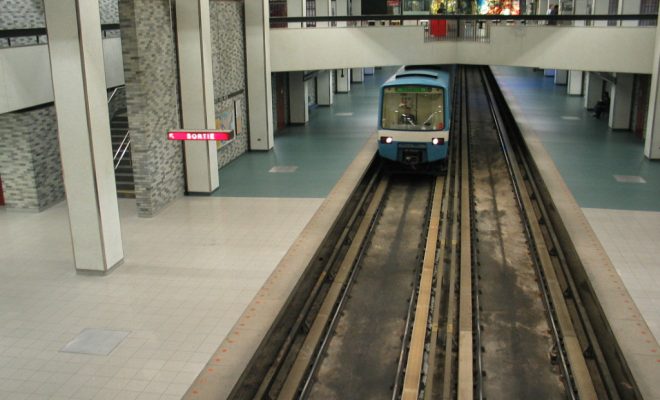Ignition Breathalyzers for Repeat DUI Offenders

Quebec revolutionizes road safety by requiring twice charged driving under the influence offenders to blow into a breathalyzer device prior to starting a car. The mandate has been put in effect since November 25, 2019, and aims to improve road safety by lowering the risk of drunk driving incidents.
Motorists in Quebec are expected to blow into a breathalyzer designed to interlock with the car’s ignition. The device will prevent drivers from starting their car if they fail the breathalyzer’s readings. This means that they will be required to blow into the breathalyzer which will read their blood alcohol content and determine if it is below the legal limit. If the breathalyzer receives a reading of blood alcohol content above the legal limit, it will prevent the car from starting.
In addition to the ignition breathalyzers, repeat offenders will have a distinct branding on their license which will let intercepting officers know that they need to check the car’s ignition breathalyzer.
The CEO of Mothers Against Drunk Driving (MADD) Canada—Andrew Murrie, commends Quebec for the implemented change. Murrie further says that Quebec would be the first in the world to implement the toughest legislation for interlock devices.
The new regulation was added to Quebec’s Highway Safety Code back in 2018 and went into effect on November 25, 2019.
Mario Vaillancourt spoke for Quebec’s automobile insurance board and clarified that any driver that has a restriction on their license is not allowed to operate any vehicle that doesn’t have the ignition breathalyzer installed.
Vaillancourt further explained that driving without the interlock device will entitle authorities to suspend the driver’s license for three months and require them to pay a $1,500 fine. In addition to this, the vehicle they were caught in would be impounded for at least 30 days. The number of days the vehicle will be impounded depends on the circumstances and severity of the offense.
Prior to the legislation, interlock devices were only installed for repeat offenders who refuse to cooperate with the authorities or if the driver’s blood alcohol content was twice the legal limit. In addition to this, third-time offenders are also automatically issued an interlock device.
Quebec’s decision to impose such an extreme legislation is due to the fact that an average of 100 people have been killed annually due to alcohol-related crashes from 2013 to 2017. The statistic was shared by Quebec’s Ministry of Transport.
Transport Minister Francois Bonnardel shared that despite the improving road safety conditions in Quebec, the reported annual alcohol crash-related deaths is still too high to not consider imposing strict regulations.
He further explains that the legislation aims to discourage motorists from drinking and driving. He stated that it is their ultimate goal to send the message very clearly that irresponsible driving is unacceptable.
He regards offenders who refuse to install the devices issued to them. He further noted that there remains a handful of unlicensed and uninsured individuals who have the audacity to be on the road. He expresses his opinion that the matter will get resolved if proper tactics are employed in response to noncompliance.
Murrie further states that so far, the interlock devices seem to be the most reliable weapon in the fight against impaired driving. He also notes that this is especially important because it deals specifically with repeat offenders.
Murrie notes that there needs to be a high focus on the enforcement of this new legislation. He further implores the Transport Ministry, courts and police to ensure that the devices are installed upon issuing the device.
As a citizen, there are ways to contribute to and support the new legislation. Citizens who are in the car lending business (or are simply thinking of lending a car to friends and family) could double-check the credentials presented and identify if a borrowing driver has a restriction on their license.
This not only protects them, but your interests as well. If a driver with a restriction is caught driving a vehicle without an ignition breathalyzer, the vehicle will be impounded immediately. This means your car could get impounded for up to 90 days despite your lack of knowledge about the restriction.
The new ignition breathalyzers are definitely revolutionary. However, there needs to be strict implementation to ensure that the issued devices do not go to waste. This remains a valiant effort for Quebec and is definitely the right step toward road safety. One can only hope more provinces and eventually, other countries follow suit.








